Academic and Research Skills
Diversity, Equity, and Inclusion
Medical Education
Stealth Curriculum: A Covert Mission in Faculty Development
-

Caroline Paul, MD (she/her/hers)
Associate Professor
Pediatrics
NYU Grossman School of Medicine
New York City, New York, United States -
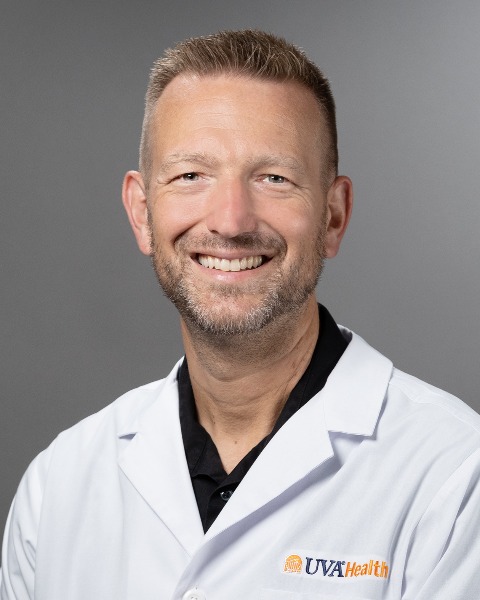
Michael Ryan, MD, MEHP (he/him/his)
Professor and Associate Dean
University of Virginia School of Medicine, Virginia, United States -
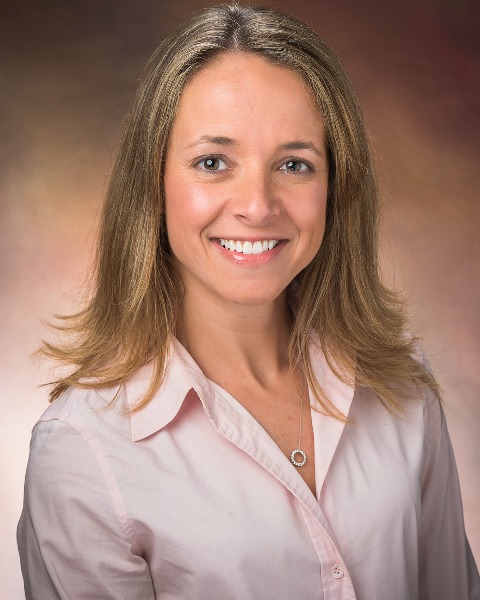
Rebecca Tenney-Soeiro, MD (she/her/hers)
Associate Professor of Pediatrics
Childrens Hospital of Philadelphia
Swarthmore, Pennsylvania, United States -
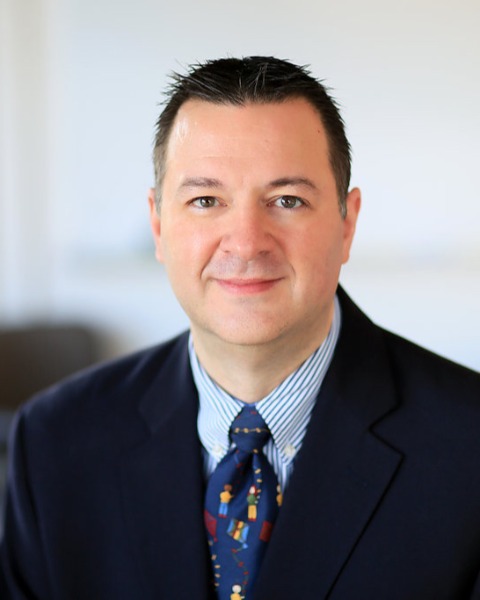
Chris Peltier, MD (he/him/his)
Associate Professor of Clinical Pediatrics
General and Commuity Pediatrics
Cincinnati Children's Hospital Medical Center
Cincinnati, Ohio, United States -
HW
Helen Wang, MD (she/her/hers)
Assistant Clinical Professor
University of California, San Diego
La Jolla, California, United States -
AC
Amy Creel, Md (she/her/hers)
Associate Professor of Pediatrics
LSUHSC
New Orleans, Louisiana, United States -
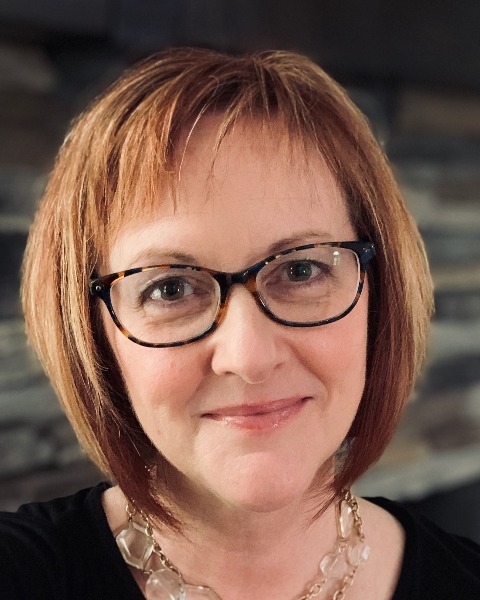
Kristine Gibson, MD
Associate Professor of Pediatric and Adolescent Medicine, Assistant Dean for Clinical Competency and IPE
WMU Stryker School of Medicine
Kalamazoo, Michigan, United States -
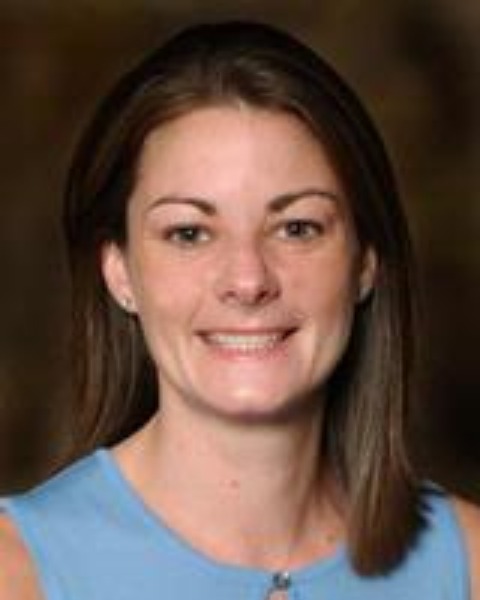
Suzanne Schmidt, MD (she/her/hers)
Associate Professor of Pediatrics and Medical Education
Northwestern University Feinberg School of Medicine
Chicago, Illinois, United States
Leader(s)
Co-Leader(s)
Workshop
Description: It is often assumed that teaching faculty come equipped with the appropriate knowledge, skills, and attitudes (KSA) to teach the topics with which they are charged. However, this may not always be the case and individual faculty may have significant underlying gaps regarding the topics they teach. How do we ensure that our faculty possess the baseline KSA required to help develop other faculty and/or learners?
Traditional faculty development efforts often focus on higher-order teaching skills, overlooking potential faculty KSA gaps. Indeed, faculty may not recognize their own deficits or seek out new knowledge or skills. These unrecognized deficits can hinder the effectiveness of faculty development interventions especially in Train-the-Trainer curricula. If the faculty leading educational sessions have KSA gaps themselves, there is potential to pass on these deficits to learners. It is with these limitations of faculty development in mind that we consider the value of Stealth Curriculum.
Stealth Curriculum is a “curriculum-within-a-curriculum.” In the context of larger faculty development, Stealth Curriculum is integrated to purposely target unrecognized deficits among faculty using a deliberate, but often, covert approach. Informed by principles such as Kolb’s Learning Cycle, Stealth Curriculum can be incorporated into faculty development interventions that focus on faculty as teachers, such as Train-the-Trainer curricula.
The goal of this workshop is for participants to learn how to use Stealth Curriculum to develop and refine faculty development endeavors. Participants will collaborate with co-leaders and each other to better inform their own faculty development curricula.
Learning Objectives:
- 1. Define Stealth Curriculum
- 2. Identify benefits of Stealth Curriculum in Educational Faculty Development, highlighting use of Train-the-Trainer interventions
- 3. Develop an Action Plan for incorporating Stealth Curriculum concepts into new or existing faculty development interventions at your institution
